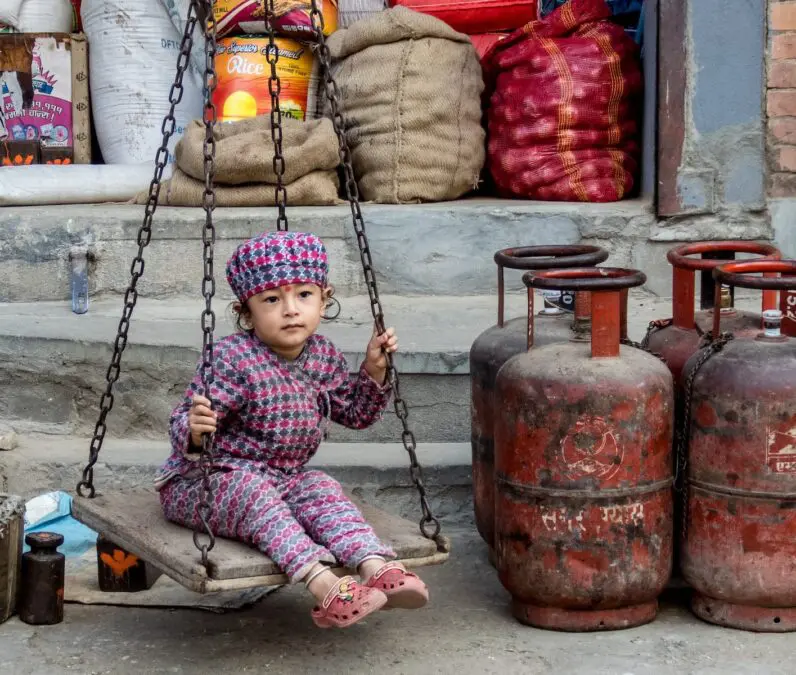Turkey has recently made a significant decision to lower gas prices for places of worship, including cemevis, and industrial consumption. This move, which will take effect from the first day of 2023, aims to provide financial relief and stability to these sectors. The announcement was made by Turkish President Recep Tayyip Erdoğan on December 31, 2022, through his official Twitter account, according to DuvaR.
Under this new policy, gas prices for places of worship, including cemevis, will be reduced by 42.73 percent starting from January 1, 2023. This reduction will also apply to industrial consumption. Additionally, gas prices used for electricity production will be lowered by 12.73 percent, while electricity prices for industrial consumption will see a reduction of 16 percent.
The decision to lower gas prices comes in the wake of Russia’s postponement of a payment worth 20 billion dollars owed by BOTAŞ, the state-owned gas importer and distributor in Turkey. This postponement is believed to have influenced Turkey’s move to lower gas prices as a means of stabilizing the economy and preventing the weakening of the Turkish lira against the dollar. It is worth noting that Turkey heavily relies on Russia for 40-45 percent of its natural gas needs, with the remaining supply coming from countries such as Iran, Libya, and the United States.
By reducing gas prices for places of worship and industrial consumption, the Turkish government aims to alleviate the financial burden on these sectors and support their operations. This decision is particularly significant for places of worship, including cemevis, as it recognizes their importance and provides them with economic relief. Furthermore, lowering gas prices for industrial consumption can contribute to the growth and competitiveness of the industrial sector in Turkey.
Overall, this move to lower gas prices demonstrates the government’s commitment to supporting key sectors of the economy and ensuring stability. It is a strategic decision that takes into account both domestic considerations, such as the upcoming elections in 2023, and external factors, such as the postponement of the payment by Russia. By providing financial relief and stability, Turkey aims to foster economic growth and maintain a favorable business environment.







